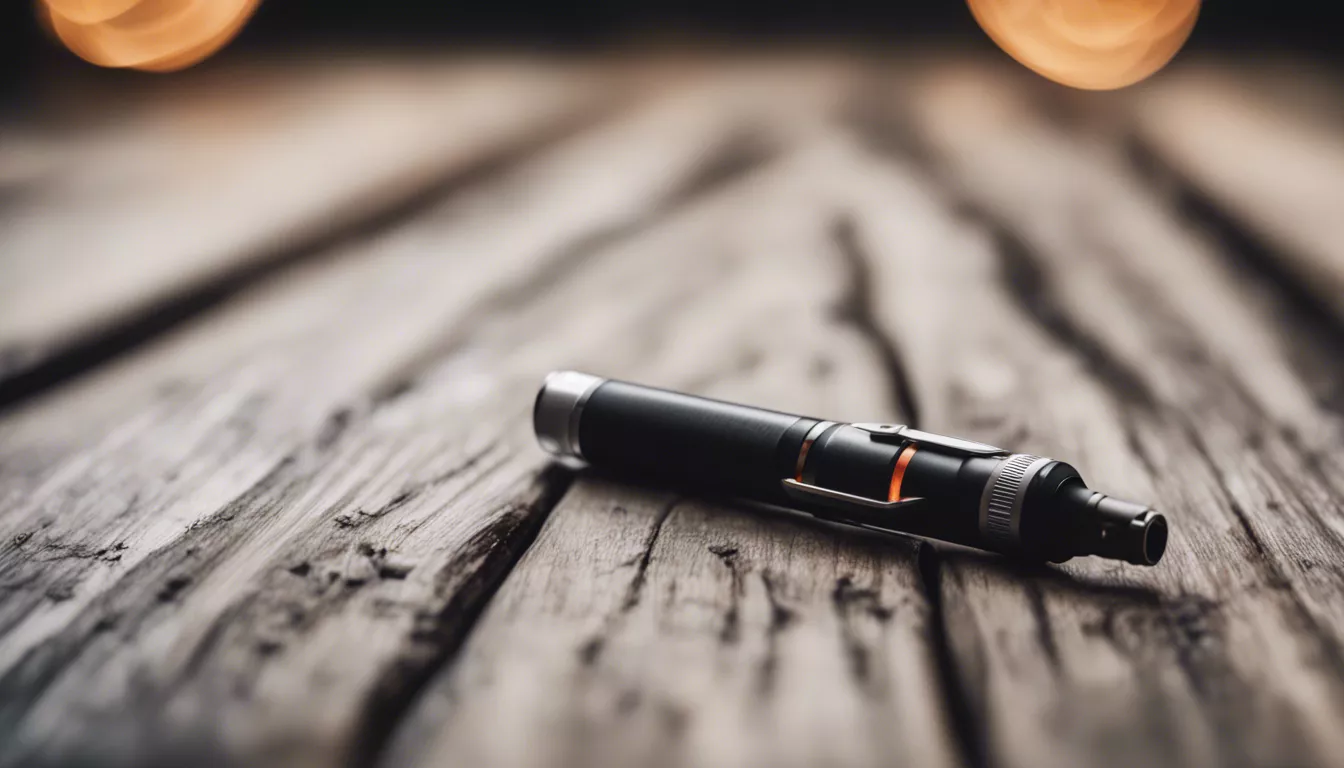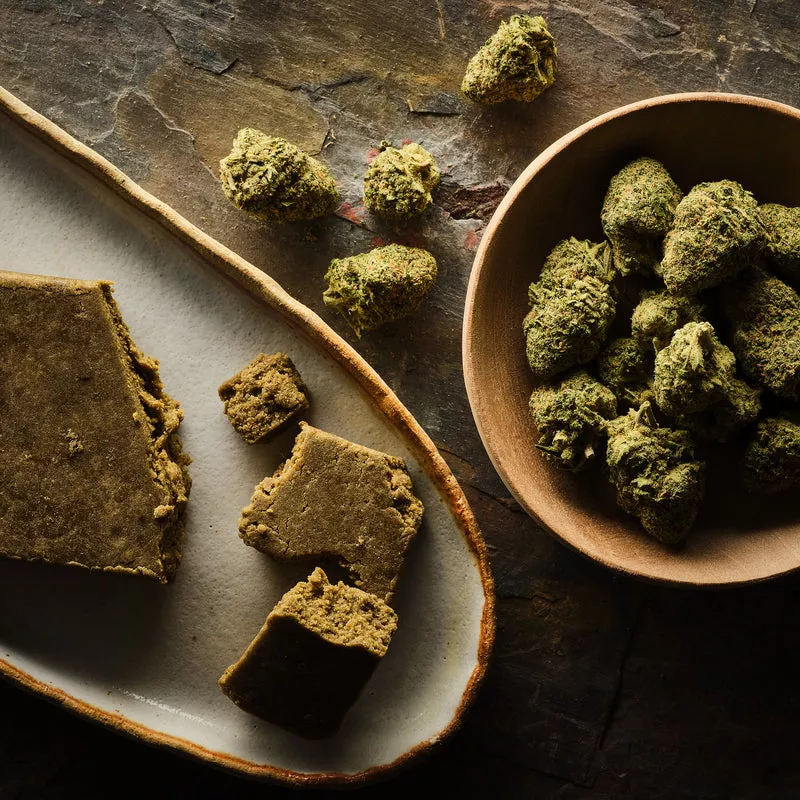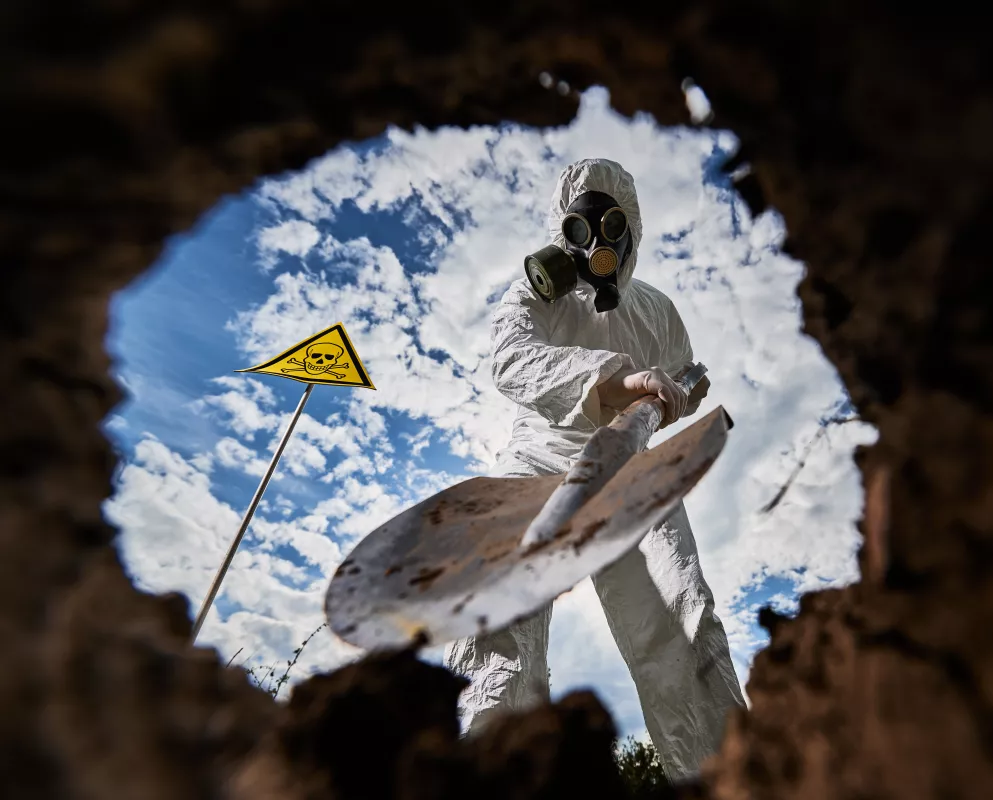- Shop All
- Type
- (144) THC>
- (75) CBD>
- Need
- Sleep>
- (21) Pain>
- (10) Anxiety>
- (6) Pets>
- (88) Edibles
- (14) CBD Edibles>
- (60) THC Edibles>
- (3) Ratio Edibles>
- (33) Hybrid Edibles>
- (87) Vegan>
- (5) Beverages>
- Strain
- (29) Indica>
- (24) Sativa>
- (47) Hybrid>
- (14) Tinctures
- (5) Anxiety Tinctures>
- (9) CBD Tincture>
- (1) Pain Tincture>
- (4) Ratio Tincture>
- (4) Sleep Tincture>
- (4) THC Tincture>
- (4) Capsules
- (1) CBD Capsules>
- (0) THC Capsules>
- (3) Ratio Capsules>
- Foggers
How much CBD should you take to fall asleep?
Olivia St JamesJanuary 1, 2022LatestContents
We all have heard the importance of a good night's sleep, and we understand that rest is vital for our bodies to recover the energy lost during the day and that sleep plays an essential role in maintaining balance in our bodies.
But what happens when all of a sudden getting a good night's rest becomes a problem? Not only do you not recover the energy lost, but it starts to interfere with your daily activities. When a person is diagnosed with a sleep disorder, treatment is followed, along with a change of routines before going to sleep.
CBD oil for sleep has become an alternative treatment for a person suffering from a sleep disorder. Different CBD methods can be purchased and integrated into your night routine, from CBD sleep pills and tinctures to CBD chocolate and CBD drinks. But how much CBD is good to help you unplug and have a good night´s rest? Let´s take a look a this post and find out.
CBD for Sleep how does it work?
The body has a wonderful system, and its primary goal is to keep homeostasis in all bodily functions. The endocannabinoid system or ECS has CB1 and CB2 receptors located all over the body, from the nervous system to internal organs and the skin. Through these receptors, cannabinoids like THC can interact with the ECS system.
Remember, when it comes to CBD, it has been shown that instead of interacting with these receptors, it aids other endocannabinoids (cannabinoids produced naturally by the body ) by inhibiting the breakdown and allowing them to stay longer and continue to perform their functions.
CBD is shown to work as an “allosteric modulator.” CBD modulates endocannabinoids, cannabinoids like THC, and ion channels. Because the endocannabinoid system also regulates sleep, CBD can benefit better sleep by modulating anxiety, pain, and other conditions affecting sleep.
THC, another cannabinoid found in hemp, can mimic anandamide, a molecule known for its bliss effect. Individuals have found that THC in higher doses provides faster relief for chronic pain and gets a better night's rest for a more extended period. And when combined with CBD, there is the potential benefit of reducing anxiety effects naturally caused by THC.
There is a variety of CBD for sleep products that you can easily purchase and adapt to your night time routine. Some are easier to take and can be more to your liking for consistent dosage.
CBD pills for sleep, are they my best choice?
Many individuals find CBD for sleep in capsule form easier to take, maybe because CBD capsules are similar to supplementing with multivitamins. The intake of CBD capsules is not that different. You take a pill every night with water and wait for about 40 min to 2 hours to feel the effects of CBD.
Also, CBD pills for sleep have no flavor; they provide a consistent dosage that is easy to regulate. They are usually gelatin-based capsules created by mixing glycerin with water and can be purchased in different CBD strengths and types.
CBD oil for sleep in the form of capsules might be your best choice when looking for consistent and easy-to-take CBD oil. Still, there are other options that you might like to enjoy and also receive the benefits of CBD; a cup of warm tea infused with CBD with a blend of aromatic herbs sounds like a soothing idea, or a bite of a sweet piece of CBD chocolate before preparing for bedtime. All these can be additional or alternate options when supplementing with CBD for sleep that you can enjoy and allow your body to relax and fall asleep to recover overnight.
For further reading check out this website on how much CBD for sleep.
Webmd is also an excellent resource for CBD and sleep.Our Top Picks CBD oil Sleep Canada
1 Now + Then | THC Capsules
Reap the benefits of this THC for sleep pills Canada made and delivered in the form of a soft gel capsule. We have a variety of options for those looking for a low, medium, or high concentration of THC; 5, 10, 25, and 50 mg strength.
Pros
- Variety of THC strength available
- Consistent dosage
- Easy to swallow
- 30 gel capsules per bottle
Cons
- Non-vegan, gelatin made.
Highlights
- THC oil has proven to help people with sleep disorders have better and rested nights. You can easily change your dosage if you find it suitable to reach your desired health goal with our variety of strengths available.
2 Chocolit | Classic Milk CBD Chocolate Bar
A delicious chocolate bar infused with CBD can easily be dissolved in a warm cup of milk, providing all CBD oil benefits for sleep and well-rested nights.
You can take a small bite and enjoy this classic milk CBD chocolate bar while beginning your night routine and waiting for the effects to kick in. Enjoy the relief of pain and fall asleep more easily.
Pros
- Full-spectrum CBD premium oil
- Ethically sourced chocolate
- A favorite and classic milk chocolate bar
Cons
- Non-vegan
Highlights
- Each bar includes 500 mg CBD, crafted with natural ingredients. An excellent and simple way to unwind and sleep.
3 Mota Temple | CBD Infused Tea
Before night, take a sip of a warm CBD-infused tea with peppermint, lemongrass, and ginger that will relax your senses and body.
With organic blends of herbs that are known to aid and relax the body, this CBD-infused tea is an excellent way to ease your worries away and recover your energies with a good night's sleep.
Pros
- 125 mg CBD
- 12 servings per package
- Organic blends of peppermint, lemongrass, and ginger
Cons
- Not available in different strengths
Highlights
- A 10 mg CBD per serving, this tea brings together soothing organic herbs that will delight your senses and relax your body.
How much CBD is good for a good night´s rest?
Some known factors that will influence your personal CBD dosage is:
- Your body's weight. An individual's weight plays an essential role in calculating the daily dosage of a CBD oil product. The more you weigh, the higher the dose is, and vice versa.
- Your body's ability to absorb and distribute CBD throughout your body. Remember that not all bodies are the same, and the way they react to CBD is different; some people's metabolism is faster, and they can absorb CBD at higher rates.
- Your purpose for using CBD and desired effects. You might find yourself supplementing with CBD to provide pain relief, reduce anxiety symptoms, or aid in depression. Or to have a better night's rest by falling asleep much faster.
- Your preferred CBD form. Some other forms of CBD oil are available, and its effects can be felt faster than edibles and capsules that go through the digestive system.
Remember that while CBD strength may be high for others, it may be low for you; remember that no two bodies are similar, and to find the right amount for you, use our practical dosage calculator.
Endnotes
CBD oil for sleep is becoming a natural and safer way to overcome sleep problems and other health issues that affect sleep and your overall night's rest. CBD has several advantages over traditional sleep aids, including that it is non-addictive and has few adverse effects.
Here at Birch and Fog, all CBD oil for sleep options are available for you to choose from, providing you with more restful and repairing nights.
0/5 (0 Reviews)Latestfrom B+FBe the first to know about exciting new products, special events, seasonal offers, and much moreOur Collective
Wellness to your doorstepCopyright © 2024 All Rights Reserved | BIRCH + FOG[gtranslate]Save your cart?
x














